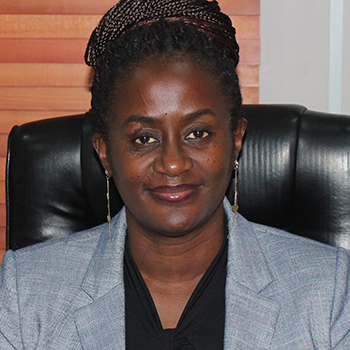The Nigeria Team Lead, TCI Nigeria,Dr. Taiwo Johnson says the country is achieving bold move from Awareness to action and from promises to programmes that truly save lives.
Statement issued to commemorate the Safe Motherhood Day 2025 on Friday quoted Dr. Johnson saying “What we are seeing in Nigeria today is a bold move from awareness to action, from promises to programs that truly save lives.”
It stated further that Safe Motherhood begins with smart choices to celebrate gains in Family Planning across States Abuja, Nigeria — As the world commemorates Safe Motherhood Day 2025 under the theme “Healthy Beginnings, Hopeful Futures,” Nigeria celebrates a quiet but powerful revolution safeguarding the lives of mothers and children:”The rise in access to family planning (FP) and childbirth spacing services across the country.
At the heart of this progress is The Challenge Initiative (TCI) — a proven model that puts local governments in the driver’s seat to sustainably scale reproductive health solutions.
In partnership with over a dozen state governments, TCI is making motherhood safer, families healthier, and futures brighter. “Safe motherhood starts before the first contraction — it begins with informed choices, timely access to family planning, and a community that supports women at every step of their reproductive journey.
What we are seeing in Nigeria today is a bold move from awareness to action, from promises to programs that truly save lives.” says Dr. Johnson.
TCI was launched in 2017 to transition the gains of NURHI into a platform that empowers state governments to take ownership, scale up proven interventions, and drive impact across more states — with an expanded reach that now includes both urban and underserved rural areas.
Policy, progress and state-by-state success stories Across Nigeria, states are translating family planning commitments into visible progress.
Through government leadership, community engagement, youths-centered services, and strategic partnerships, there are growing signs of impact.
Health facilities are experiencing increased client trust, local governments are mobilizing resources to reach more communities, and advocacy efforts are helping to reshape public perceptions—particularly through youth engagement, male involvement, and outreach to underserved populations.
Even in complex humanitarian settings, family planning is being integrated with maternal health services, ensuring continuity of care. Yet, despite these encouraging gains, much more remains to be done.
Progress is not yet uniform and gaps in access, quality, and equity persists. All implementing states must sustain momentum by strengthening service delivery, expanding access to marginalised groups and addressing lingering myths and barriers.
To truly fulfill the promise of reproductive health and rights for all, no one can be left behind. Continued investment, political will and community-driven action are critical to ensuring that family planning services reach every woman, man and young person who needs them—no matter where they live.
A new standard of care for mothers and new borns Every year, Nigeria loses thousands of women to pregnancy-related complications — many of which are preventable through proper spacing and voluntary family planning.
TCI’s impact shows that when women have access to safe, affordable, and culturally appropriate FP services, maternal mortality drops, newborn outcomes improve, and families thrive.“
The path to safe motherhood is not just paved in hospitals. It starts with conversation, choice, and community support,” says Onche Odeh, Project lead at Development Communications Network.
TCI’s support has proven that states can lead their own reproductive health transformations.
With growing political will, sustainable funding, and grassroots engagement, Nigeria is closer than ever to making safe motherhood not just a goal — but a guarantee.
TCI work in the six geopolitical zones across Nigeria, where real progress is being made through advocacy, education and community-led interventions.
The journey is ongoing, but with sustained commitment, a future where every woman can access FP services within reach.















